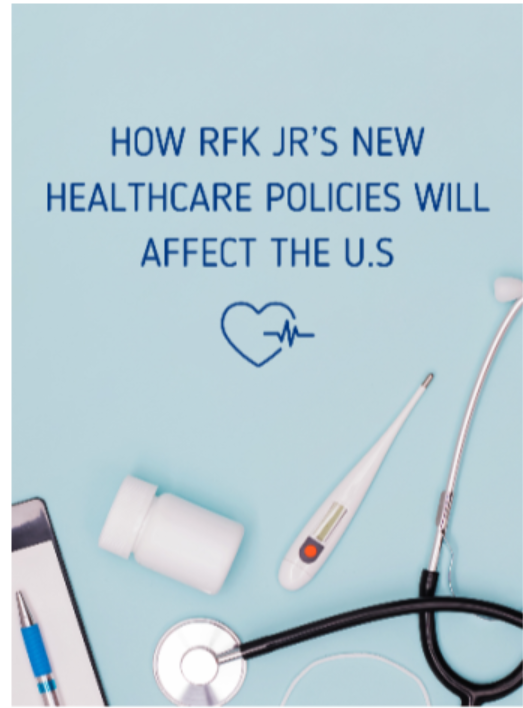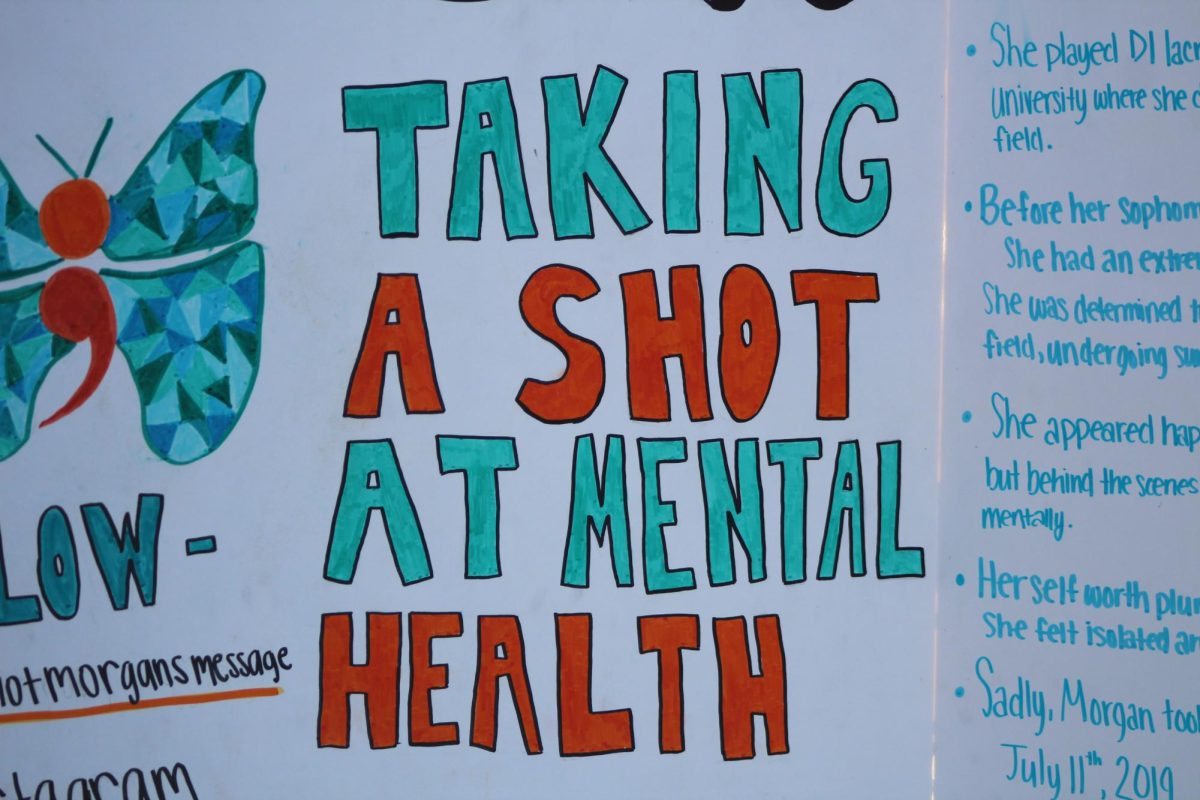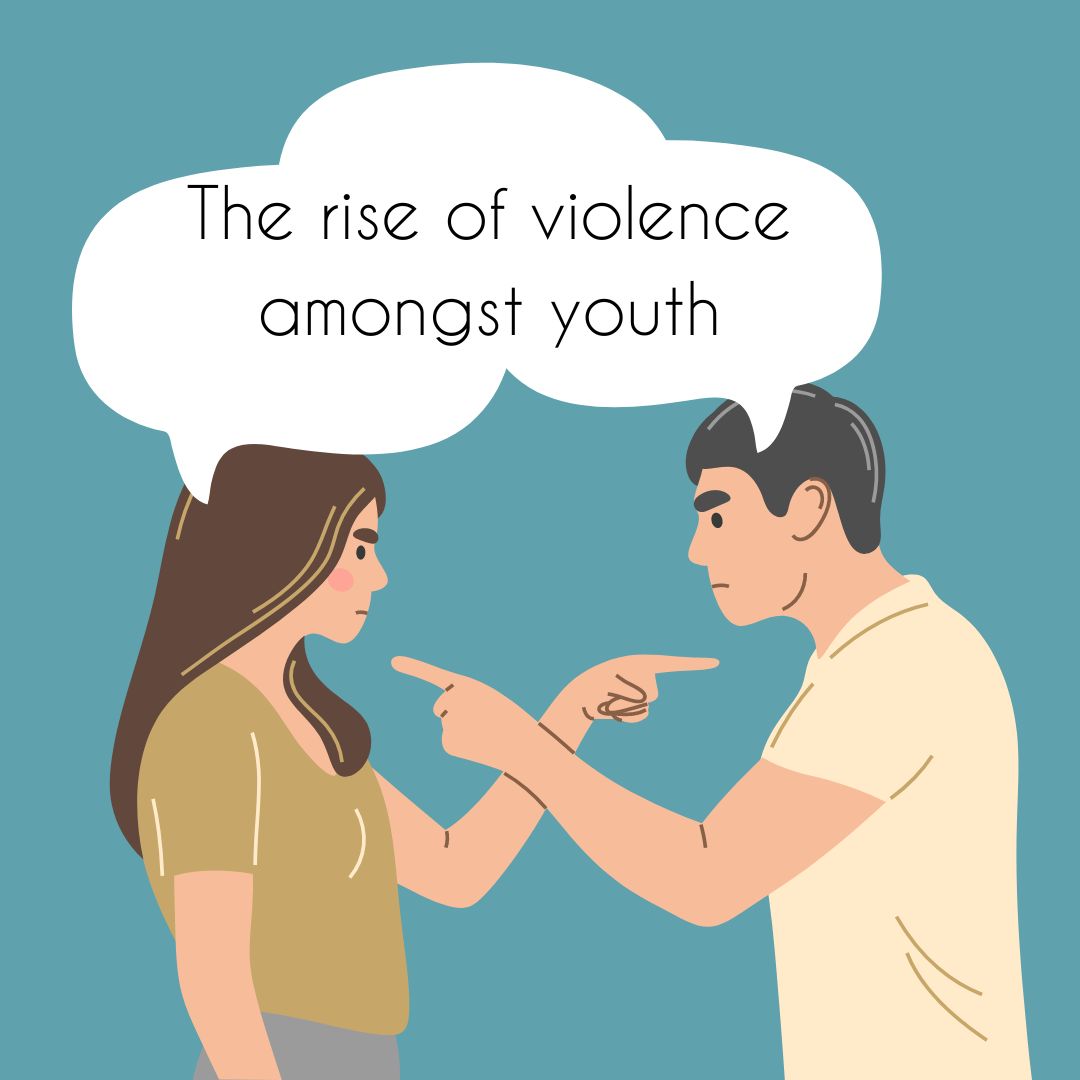RFK Jr. was confirmed as the U.S Secretary of Human and Health Services by President Donald Trump on Feb. 13, 2025, after the senate’s votes which were 52-48. His appointment by President Trump marked a significant change in federal health policies, given RFK’s history as an environmental lawyer and vaccine skeptic. In his new role, RFK Jr. has initiated reforms aimed at reshaping the U.S healthcare system.
RFK Jr. is known for being an American politician, environmental lawyer, author, conspiracy theorist, and anti-vaccine activist. He launched his 2024 presidential campaign in April 2023, seeking democratic nomination. On Oct. 9, 2023, RFK Jr. switched to an independent run, believing the democratic or republican party are rigged. His platform was focused on issues like reducing corporate influence, promoting environmental sustainability, and reforming healthcare. When his polls started declining and had his campaign funds limited, RFK Jr. suspended his campaign on Aug. 23, 2024, endorsing Trump because he believes Trump will support his ideas to change the healthcare system.
His agenda includes a major restructuring of HHS operations. He has overseen the departure of nearly 10,000 employees, with plans to reduce the workforce even more, which leads to decreasing quality of care, increasing waiting times, and increasing burnout and stress in workers. A key initiative is the reorganization of the Centers for Disease Control and Prevention (CDC) to focus specifically on outbreak preparedness.
Additionally, he has proposed the creation of a new Administration for a Healthy America emphasizing disease prevention and chronic illness reduction. This will lead to more chronic care and disease prevention programs for low-income Americans.
More of his reforms are autism research, fluoride policy, vaccine policy, and nutrition and food policy. RFK Jr.’s term as health secretary is marked by ambitious reforms and controversy. While his initiatives claim to address chronic disease, critics argue that his position on vaccines and public health could destroy trust in the healthcare system and risk public safety.
As of April 2025, RFK Jr.’s policy changes are being implemented across the U.S healthcare system. There are plans to advise against adding fluoride to public drinking water, going against long public health practices. Federal funding for vaccination programs have been reduced, leading to canceled clinics and reduced their outreach effort. This contributes to the comeback of measles in the U.S like Texas. While RFK Jr. has endorsed the measles, mumps, rubella (MMR) vaccine amidst breakouts, his previous stance on anti-vaccine and promotion of alternative remedies has caused confusion amongst public health officials.
He has launched an large-scale research effort hoping to identify the causes of autism by Sept. 2025. The new NIH study will take private records and create a registry to see how they can prevent autism; this has caused immense backlash of people saying it is there’s neurogenic factors that can’t be prevented. Before RFK Jr. believed that autism is caused by vaccines but recently, he thinks it’s caused by environmental toxins.
These reforms align with President Trump’s broader agenda to reduce federal bureaucracy and reshape public health priorities. However, they have led to disruptions within health agencies including staff resignations and concerns with people not being able to find a new job in enough time. They were cut without notice, putting their lives in harm’s way.
On the other hand, the reduction of administration and new focus on preventive care could help modernize the healthcare system. Meanwhile the controversial initiatives and abrupt structural changes raise concerns in short-term disruptions, decreased public trust, and long-term indications for health outcomes and equity. The ultimate effect will change based on the administration’s ability to balance the reforms with the maintenance of public health.






